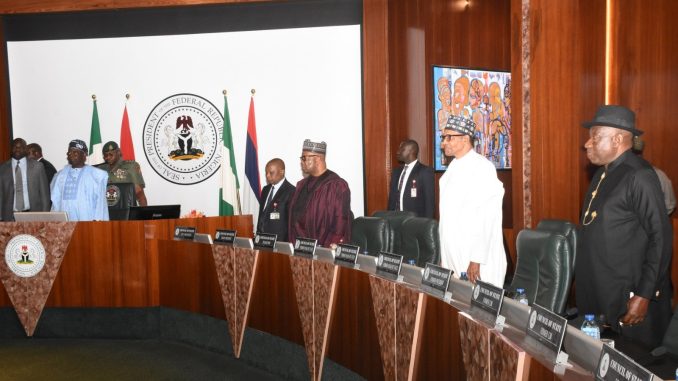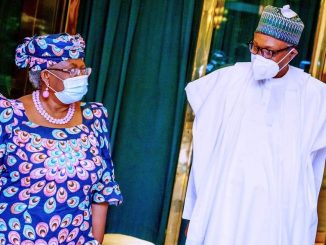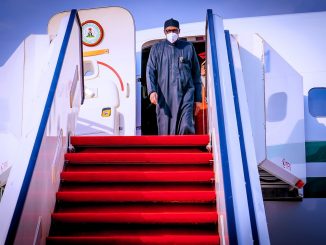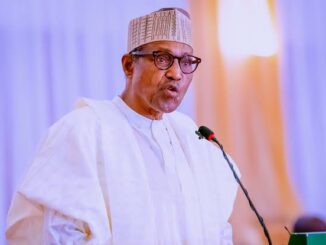
By Marvellous Nyang
August 13, 2024
The first Council of State meeting under President Bola Tinubu’s chairmanship, marking a significant moment in his administration.
During the meeting held on Tuesday, August 13, 2014, the Council passed a unanimous vote of confidence in Tinubu, despite the notable absences of former President Olusegun Obasanjo and ex-Military President Ibrahim Babangida (IBB).
Their absence was conspicuous, as no reasons were provided, raising questions about their perspectives on the current administration.
The Council of State, which includes former heads of state, governors, and other key officials, focused on pressing national issues, particularly the economy and security.
The meeting was attended by prominent figures such as former Presidents Muhammadu Buhari and Goodluck Jonathan, as well as former military leaders Yakubu Gowon and Abdulsalami Abubakar, who joined virtually.
Wale Edun, the Minister of Finance and Coordinating Minister of the Economy, presented a comprehensive overview of Nigeria’s economic landscape.
He reported a positive growth trajectory, highlighting that the country recorded $55 billion in exports last year.
Edun outlined the administration’s commitment to eight priority areas aimed at enhancing macroeconomic stability, attracting foreign investment, and addressing the challenges posed by the recent removal of fuel subsidies.
ALSO READ: I met N3.2bn debt, N500m missing; if in US, NAFDAC would’ve been declared bankrupt — Prof. Adeyeye
National Security Adviser Nuhu Ribadu addressed the ongoing protests against economic hardship, which some Council members characterised as attempts at regime change.
The Council expressed strong support for Tinubu’s administration, emphasising that any change in government should occur through democratic processes rather than through insurrection.
Governor AbdulRahman AbdulRazaq of Kwara State reinforced this message, commending the Nigerian populace for their resilience against any attempts to destabilize the government.
The Council described the recent protests as significant movements, urging citizens to express their dissatisfaction through the electoral process.
Minister Dele Alake underscored the importance of maintaining constitutional order, stating, “Any change of government has to be through the ballots and not through the barrel of the gun.”
This sentiment reflects a broader commitment to democratic principles amidst the current economic challenges facing the nation.
The Council of State’s meeting highlighted a collective endorsement of President Tinubu’s governance approach, while the absence of Obasanjo and IBB remains a point of intrigue.
The outcomes of this meeting signal a commitment to stability and constitutional governance in Nigeria during a time of economic and social upheaval, as the administration navigates the complexities of public sentiment and national challenges.




